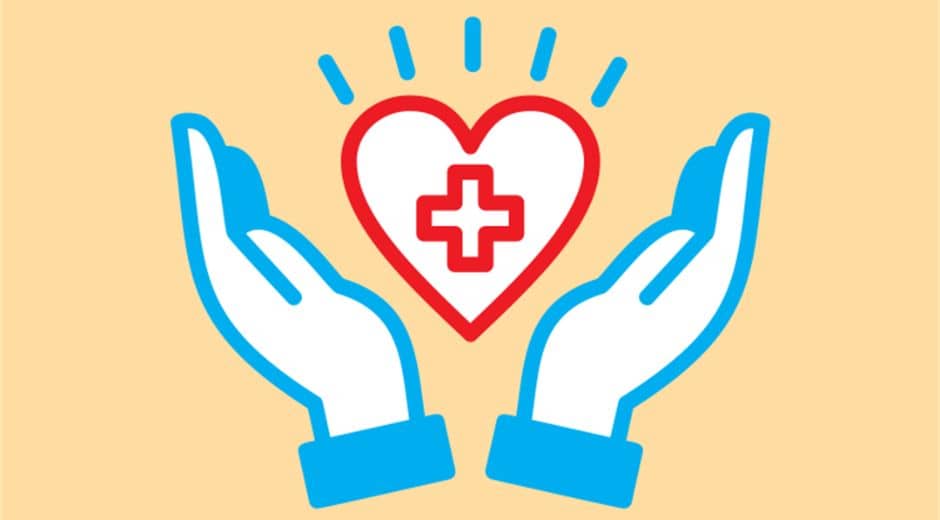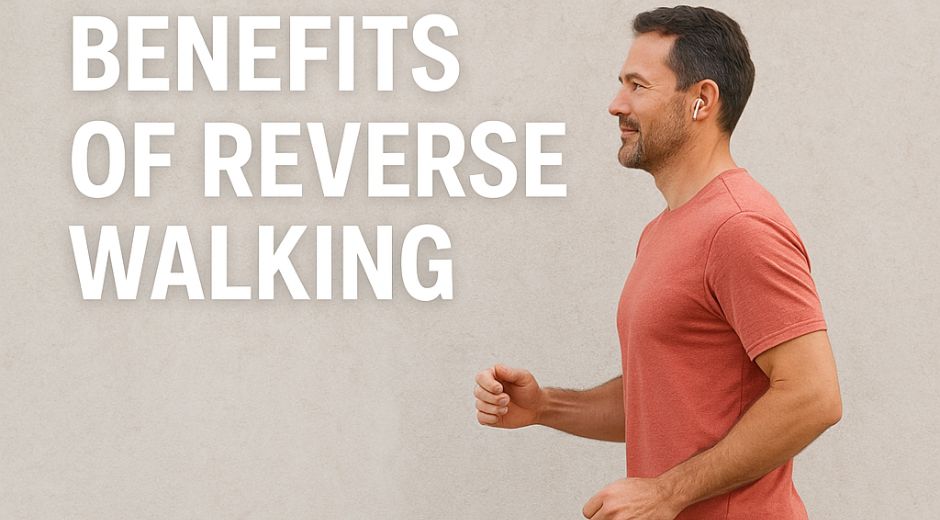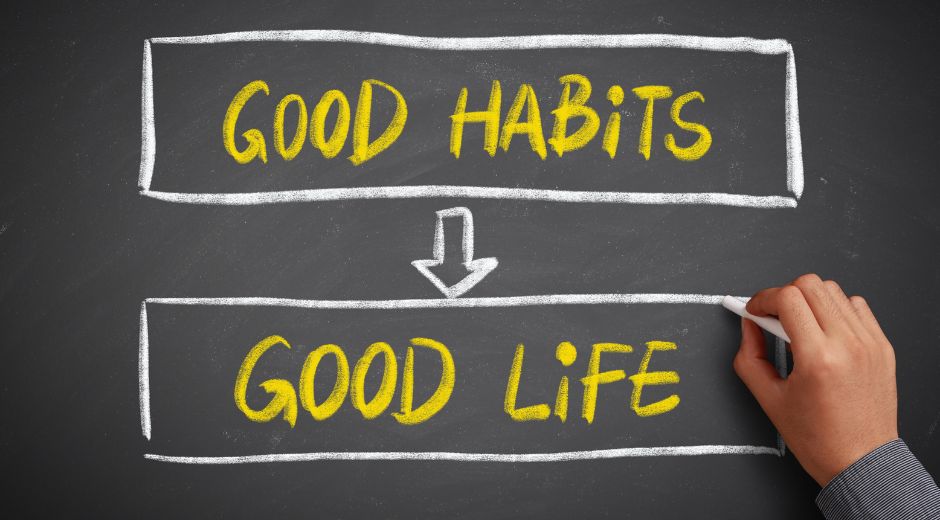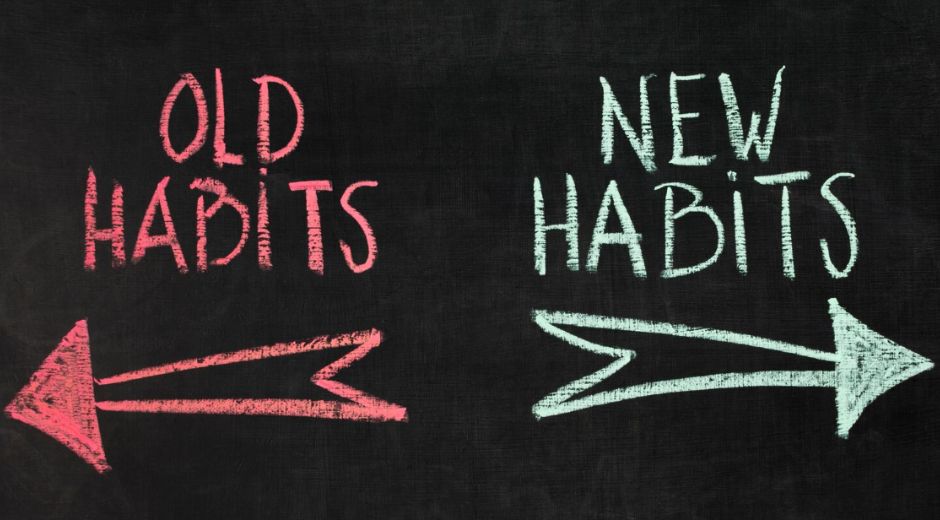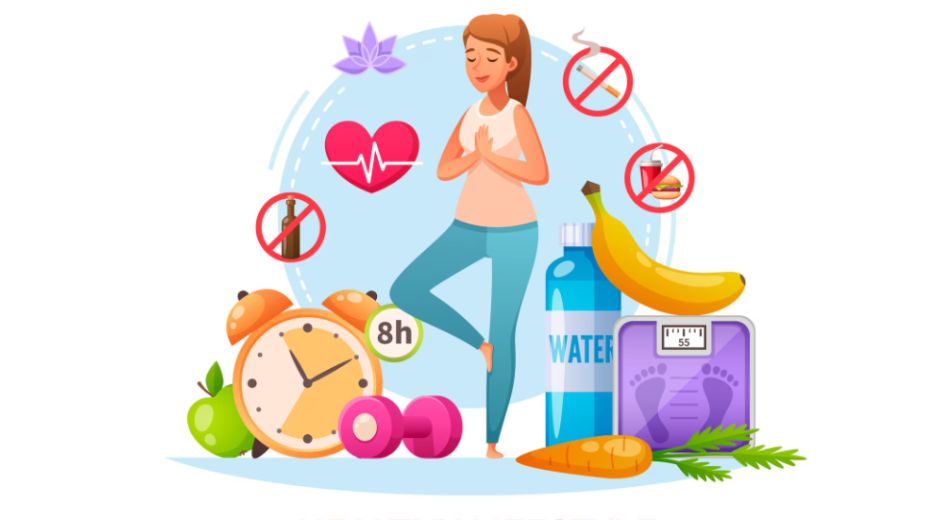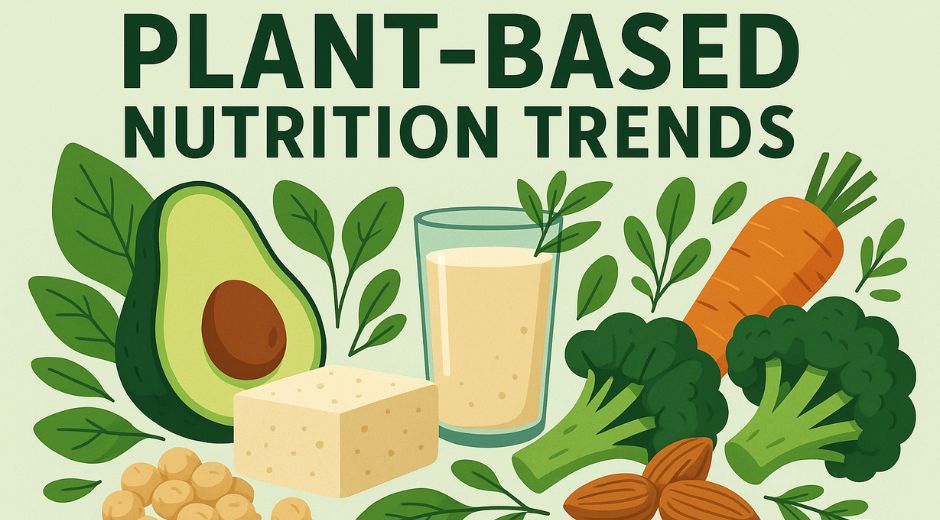6 Alarming Health Myths Busted by Experts
6 Alarming Health Myths Busted by Experts
Health is constantly evolving, and with the surge of information online, many myths continue to circulate. In 2025, experts are working tirelessly to separate fact from fiction, ensuring that people can make informed choices about their health. Understanding these myths is critical because misleading information can impact long-term well-being, lifestyle habits, and the way individuals approach nutrition and exercise. By debunking these misconceptions, people are empowered to adopt strategies that genuinely improve their health, mental clarity, and overall quality of life. Here are six alarming health myths that have been debunked this year.
1. Myth: Eating Fat Makes You Fat
Contrary to popular belief, consuming healthy fats does not automatically lead to weight gain. Avocados, nuts, and olive oil provide essential nutrients that support heart health, cognitive function, and overall well-being. Many nutritionists emphasize that moderation and quality matter more than simply avoiding fat. Including healthy fats in meals can also stabilize blood sugar, improve satiety, and enhance vitamin absorption. Integrating these healthy fats into your daily meals improves energy levels, supports cellular function, and contributes positively to long-term health, making them an essential component of a balanced diet.
2. Myth: You Need 8 Glasses of Water a Day
While staying hydrated is crucial for health, the “8-glasses rule” is a myth. Individual hydration needs vary depending on activity level, climate, and body size. Experts recommend listening to your body and drinking when you’re thirsty, alongside consuming water-rich foods like fruits, vegetables, and soups. Proper hydration supports kidney function, skin health, digestion, and cognitive performance. Adjusting water intake according to exercise intensity, temperature, and personal health conditions ensures optimal hydration without obsessing over exact numbers. A mindful approach promotes energy, focus, and overall vitality throughout the day.
3. Myth: Detox Diets Are Essential for Cleansing
Many health enthusiasts claim detox diets flush toxins from the body, but experts clarify that the liver, kidneys, and lungs naturally perform detoxification efficiently. Extreme cleanses, fasting, or juice-only diets are not required and may even be harmful. Consuming a balanced diet with plenty of fiber, antioxidants, colorful vegetables, fruits, and whole grains is a safer and more effective approach for maintaining your body’s natural detox processes. This approach reduces inflammation, supports gut health, and improves energy levels, providing the same benefits that aggressive detox regimens promise, without the associated risks or nutrient deficiencies.
4. Myth: You Must Exercise Intensely Every Day
Exercise is vital for health, but overexertion can be harmful and lead to fatigue, injuries, or burnout. Studies suggest that moderate, consistent activity is often more beneficial than daily intense workouts. Incorporating walking, stretching, yoga, or light sport activities improves cardiovascular health, mental well-being, mobility, and flexibility without placing undue stress on your joints or muscles. Additionally, mixing aerobic and resistance exercises supports both strength and endurance. By approaching exercise thoughtfully and consistently, individuals can enjoy long-term physical and mental benefits, making activity a sustainable and enjoyable part of daily life.
5. Myth: All Carbs Are Bad for You
Carbohydrates are often blamed for weight gain, but not all carbs are created equal. Whole grains, fruits, vegetables, and legumes provide essential nutrients, fiber, and energy that support digestive health, brain function, and athletic performance. Experts advise avoiding highly processed carbs while incorporating nutrient-dense options into meals to maintain optimal health and energy. Consuming the right carbs improves metabolism, stabilizes blood sugar levels, and enhances endurance during physical activity. Understanding which carbohydrates contribute positively to health allows individuals to enjoy balanced meals while reducing the risk of chronic diseases and maintaining consistent energy throughout the day.
6. Myth: Supplements Replace a Healthy Diet
Supplements can complement nutrition, but they cannot replace a balanced diet rich in whole foods. Relying solely on vitamins, minerals, or protein powders without consuming nutrient-dense meals may compromise overall health. Experts stress the importance of obtaining most nutrients from fresh fruits, vegetables, whole grains, lean proteins, and healthy fats while using supplements strategically when necessary. Supplements should fill gaps rather than act as a primary source of nutrition. By combining a wholesome diet with targeted supplementation, individuals can enhance immunity, maintain bone and muscle health, and support energy levels effectively while promoting long-term health outcomes.
Conclusion
In conclusion, staying informed is crucial for maintaining health. By understanding and correcting these six common myths, you can make smarter choices for your well-being, energy, and overall lifestyle. For more tips on staying active and boosting your lifestyle, check out SportsSoulPulse. Explore additional health strategies and routines in our internal guide on daily wellness to take your personal health to the next level.
The Pulse of Sport

How Algorithm Governance Is Reshaping Public Policy
How Algorithm Governance Is Reshaping Public Policy

Global Inflation Signals, The Indicators Economists Watch Before Markets Move
Global Inflation Signals, The Indicators Economists Watch Before Markets Move

Smart City Surveillance, Safety Gains and the Privacy Tradeoff
Smart City Surveillance, Safety Gains and the Privacy Tradeoff
